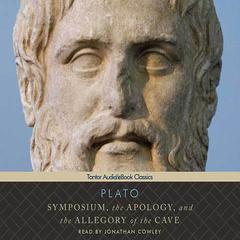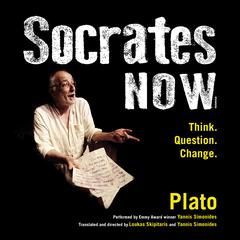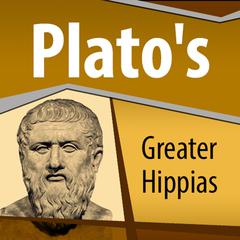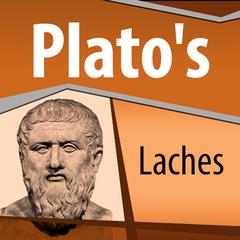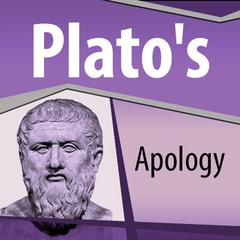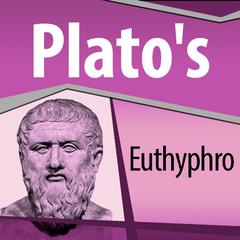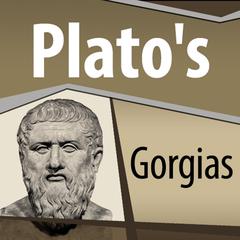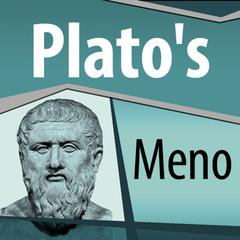 Play Audiobook Sample
Play Audiobook Sample
Protagoras Audiobook
 Play Audiobook Sample
Play Audiobook Sample
Quick Stats About this Audiobook
Total Audiobook Chapters:
Longest Chapter Length:
Shortest Chapter Length:
Average Chapter Length:
Audiobooks by this Author:
Publisher Description
"Protagoras" is a dialogue by Plato, believed to have been written in the 4th century BCE. The dialogue centers around the character of Protagoras, a renowned sophist who claims to be able to teach virtue and excellence to others. Socrates, the main character and interlocutor in the dialogue, engages with Protagoras and his followers, challenging their ideas and methods. Throughout the dialogue, Protagoras and his followers argue that virtue can be taught and that all knowledge is relative to the individual. They use a variety of rhetorical techniques and arguments to defend their position, including the famous statement, "man is the measure of all things." Socrates, however, challenges their ideas, arguing that virtue cannot be taught and that there must be some objective standard of knowledge and truth. Read in English, unabridged.
Download and start listening now!
Protagoras Listener Reviews
Be the first to write a review about this audiobook!
About Plato
Plato (circa 423–347 BC) was a philosopher in ancient Greece and the founder of the Academy in Athens, the first institution of higher learning in the Western world. Plato, together along with his teacher, Socrates, and his most famous student, Aristotle, laid the foundations of Western philosophy and science. He is widely considered the most pivotal figure in the development of philosophy, especially philosophy of the Western tradition.











